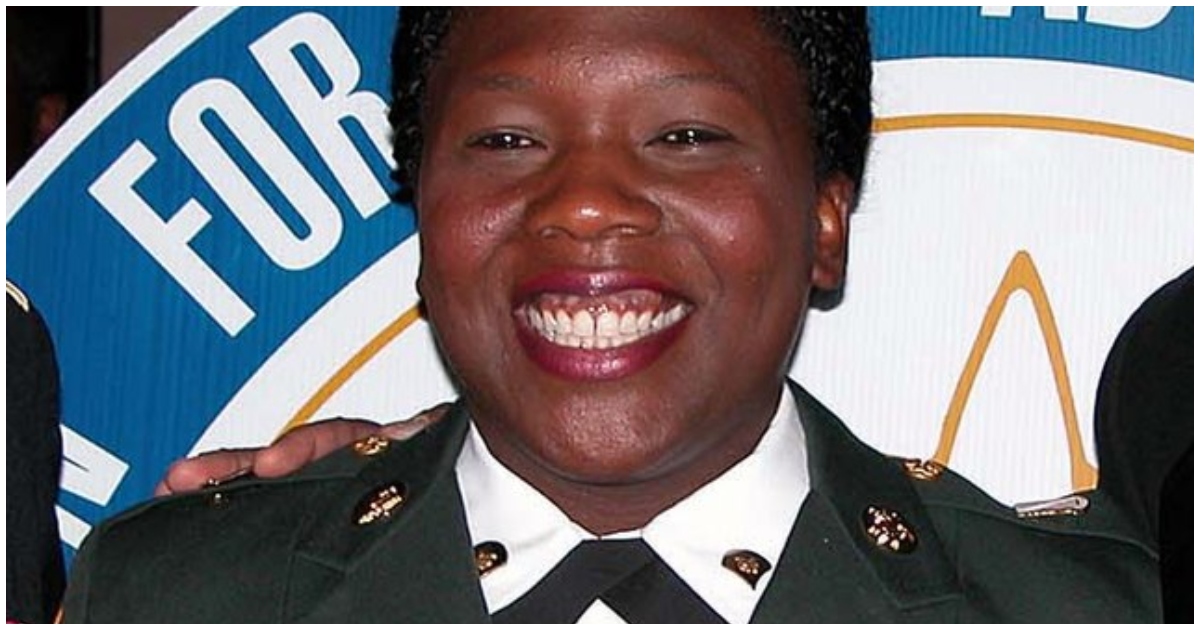Shoshana Johnson, a true inspiration and history-maker, recently spoke at Palo Alto College in San Antonio. As the first Black female prisoner of war in U.S. military history, Johnson shared her insights on the value of supporting veterans and investing in their education. Johnson highlighted the importance of providing resources for veterans, emphasizing how education can empower them and benefit society.
The Importance of Veteran Education and Community Support
During her address, Johnson expressed how education plays a vital role in helping veterans reintegrate into civilian life. After returning from captivity, she pursued her own education at a community college, which she described as a pivotal step in her journey.
“Veterans bring unique life experiences to the campus,” Johnson shared. “It not only benefits them but also enriches the learning environment for younger students.” She believes veterans add to the campus community by providing valuable insights, often helping younger students understand the privilege of pursuing education.
Johnson also pointed out that many veterans face difficulties in transitioning to civilian life. Support through education and community resources can make this transition smoother and more impactful. According to Johnson, initiatives like veteran-focused educational resources help create a meaningful space where veterans can thrive and continue to contribute to their communities.
Shoshana Johnson’s Military Service and Personal Challenges
As a former Army specialist, Johnson was captured during her deployment in Iraq in 2003 and held as a prisoner of war. Her experience left lasting marks, including post-traumatic stress disorder (PTSD). She has spent over 20 years working through the effects of her captivity.
Johnson discussed how the support of fellow veterans has been essential in her recovery. “Camaraderie and togetherness with fellow veterans help you move forward every day,” she explained. Johnson emphasized the need for human connection, especially for veterans dealing with isolation, which can sometimes lead to serious challenges, including increased rates of suicide.
This experience with PTSD and the need for veteran community support has inspired Johnson to advocate for more resources dedicated to veterans’ mental health. She hopes that as society becomes more aware of these struggles, institutions will invest more in spaces that foster connection and support.
Advocacy for Veteran Mental Health and Community Resources
Johnson is a strong advocate for mental health resources tailored to veterans. She highlighted that many veterans face significant mental health challenges that can make reintegration difficult. Access to mental health services, coupled with educational opportunities, can help veterans rebuild their lives after service.
Veterans bring valuable skills to their communities, Johnson emphasized. “Only about 1% of the U.S. population serves in the military, yet they protect the other 98%,” she said. Johnson believes that offering educational and community resources for this small percentage of the population is crucial. It not only honors their sacrifice but also enables them to give back to society in meaningful ways.
Johnson remains hopeful that more institutions will follow Palo Alto College’s example by creating resources and spaces where veterans can connect, heal, and thrive.


